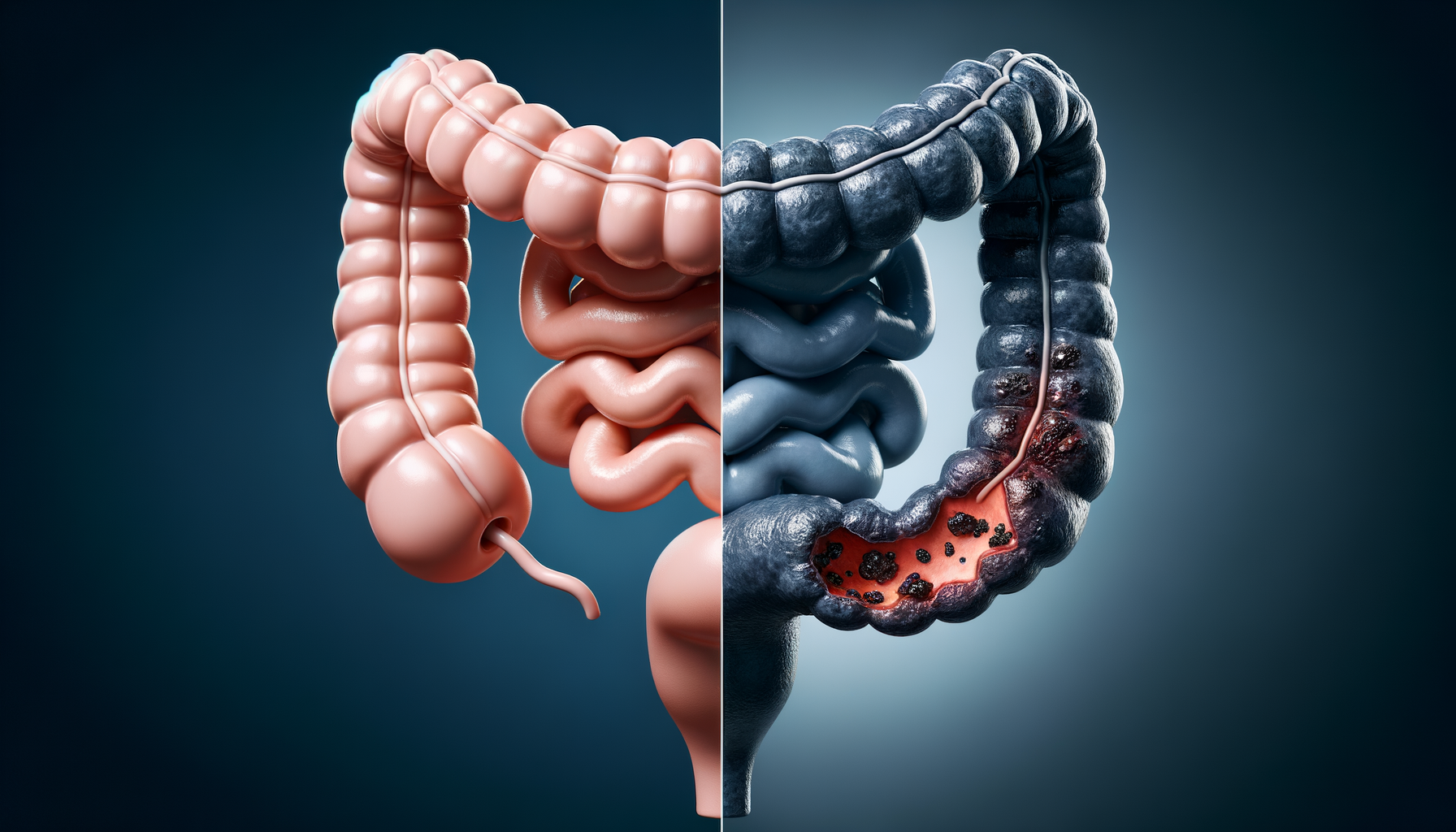Understanding Colon Cancer Symptoms: A Comprehensive Guide
Colon cancer symptoms can vary, making it crucial to recognize early warning signs for timely medical intervention.

Introduction to Colon Cancer Symptoms
Colon cancer, also known as colorectal cancer, is a significant health concern worldwide. With its potential to progress silently, understanding the symptoms is crucial for early detection and treatment. Colon cancer symptoms can be subtle and easily mistaken for other gastrointestinal issues, which may delay diagnosis. This article aims to shed light on the various symptoms associated with colon cancer, helping readers recognize potential warning signs early on.
Common Symptoms of Colon Cancer
Recognizing the common symptoms of colon cancer is the first step towards early detection. These symptoms often overlap with other less serious conditions, but their persistence and combination can be indicative of a more serious issue:
- Changes in bowel habits, such as diarrhea or constipation, lasting more than a few days.
- Rectal bleeding or blood in the stool, which may appear bright red or dark.
- Persistent abdominal discomfort, including cramps, gas, or pain.
- A feeling that the bowel does not empty completely.
- Unexplained weight loss and fatigue.
Each of these symptoms can be caused by conditions other than cancer, such as hemorrhoids or inflammatory bowel disease. However, if these symptoms persist, it is important to consult a healthcare professional for further evaluation.
Less Common Symptoms to Watch For
While the common symptoms are often discussed, there are less frequent signs that can also indicate colon cancer. These symptoms may not be as immediately alarming but are equally important:
- Iron deficiency anemia, which can result from chronic blood loss in the stool.
- Weakness or fatigue that is not alleviated by rest.
- Unexplained nausea or vomiting, which can occur when a tumor causes an obstruction in the colon.
These symptoms may not be immediately associated with colon cancer, but their presence, especially in conjunction with more common symptoms, should prompt further medical investigation.
Understanding the Importance of Screening
Screening plays a crucial role in the early detection of colon cancer, often identifying the disease before symptoms even appear. Various screening methods are available, including colonoscopy, fecal occult blood tests, and sigmoidoscopy. Regular screening is recommended for individuals over the age of 50, or earlier for those with a family history of the disease.
Screening can detect precancerous polyps, which can be removed before they develop into cancer. By understanding the symptoms and the importance of screening, individuals can take proactive steps towards maintaining their health and reducing the risk of advanced colon cancer.
Conclusion: Taking Action for Health
Understanding and recognizing the symptoms of colon cancer is vital for early diagnosis and effective treatment. While symptoms can be mistaken for other conditions, their persistence should not be ignored. Regular screenings, especially for those at higher risk, can prevent the progression of colon cancer and improve outcomes. By staying informed and vigilant, individuals can take control of their health and seek timely medical advice when necessary.